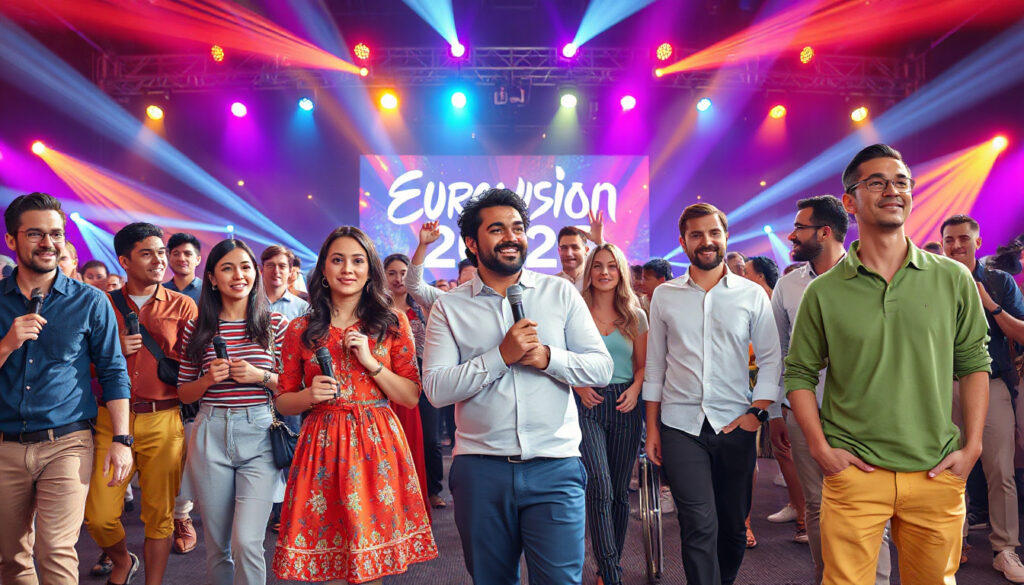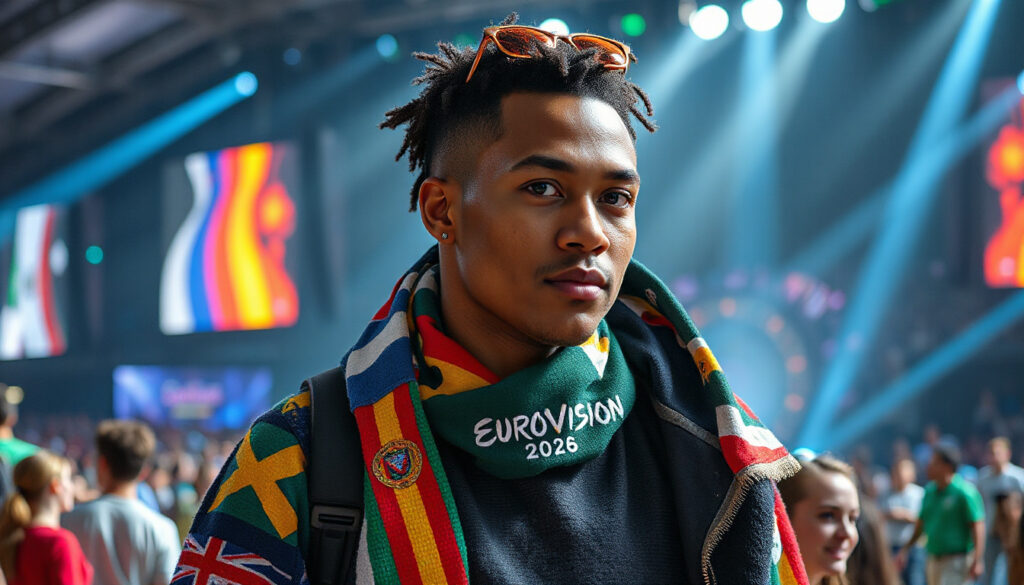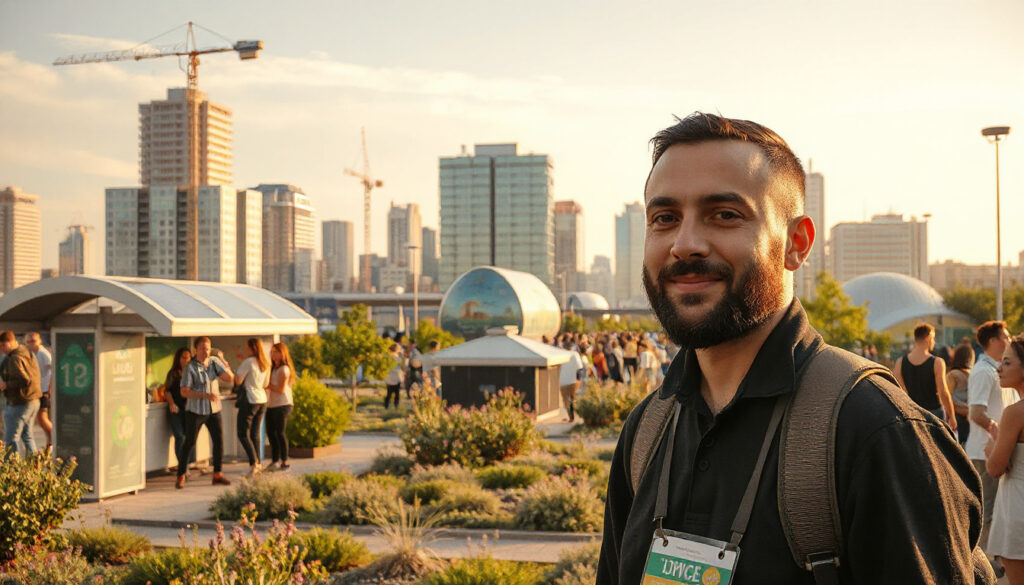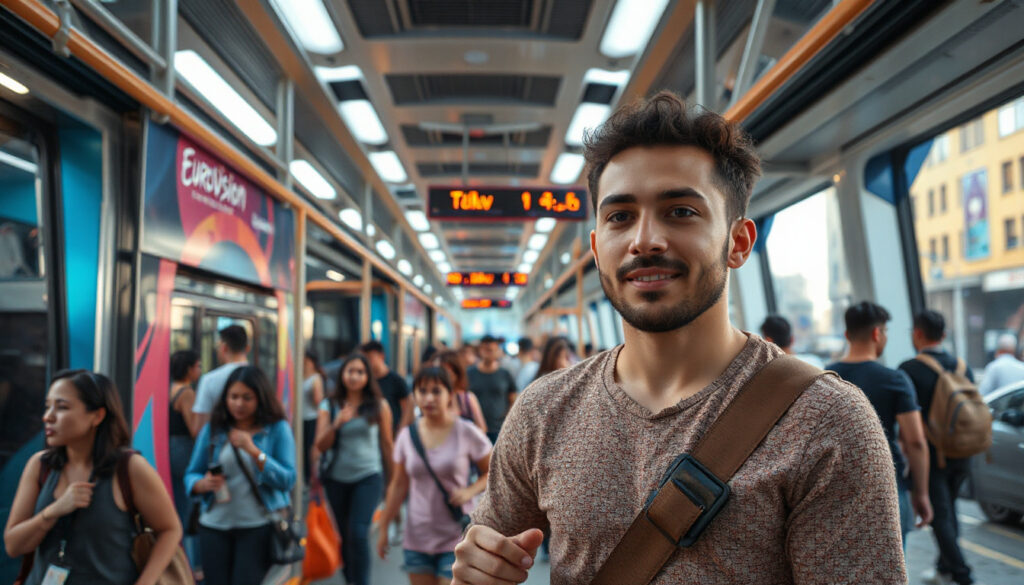Bold Moves: Improving Accessibility for Eurovision 2026
Eurovision is not only a music event. It is a bright show that joins many people across Europe and beyond. The contest now grows. The team works to keep each participant, viewer, and staff member safe, respected, and part of the group. 
Here is a clear look at the main changes and how they will help with access and care at Eurovision 2026. —
Why Accessibility Matters for Eurovision 2026
Eurovision reaches more than 160 million viewers around the world. It shows artists who come from many cultures and live with many abilities. Big shows like this must find ways to help each person with different needs. The goal is not only to open doors at venues. It is also to build a place where all can join in safely and with ease.
The group behind Eurovision, the European Broadcasting Union (EBU), sees that sharing this event means more than showing diverse artists. It calls for clear rules and real steps that protect each person’s care and respect.
Key Themes and Actions for Eurovision 2026 Accessibility
1. Setting Up a Code of Conduct to Guard All Participants
A new rule list now runs for everyone who is given access to the event. This list sets clear limits on behavior, fair play, and careful speech. It also makes sure local laws are met.
The Code of Conduct helps by:
- Making access depend on a promise to follow these limits, so each person is meant to act right.
- Blocking acts that could harm any person.
- Pushing for kind words that help keep feelings safe for artists who face strong public and media views.
2. A Duty of Care Protocol to Look After Artists’ Health
The Duty of Care Protocol works for the care of artists. It spells out the shared tasks by the EBU, host teams, and other broadcaster teams to keep artists safe from harm.
The plans in this rule list include:
- Cutting down on stress from too much filming or personal interruptions.
- Giving heads of teams clear roles to guide their artists in a careful way.
- Checking on schedules and changing plans when tough rehearsals or shows come up.
3. Changing the Event Space to Bring More Rest and Privacy
Eurovision 2026 will see new plans to create better spaces for artists and teams:
- No Filming Areas: Some spots will not welcome cameras. These spots give artists room to prepare and calm their nerves.
- Closed-Door Rehearsals: More shows will happen without a crowd or cameras. This helps artists focus and lowers pressure.
- Better Schedules: Time slots for rehearsals will give room for rest. This helps each person enjoy the host city and keep a clear mind.
These small but clear changes help lower stress that can come with big events.
4. Adding Welfare Producers as Key Helpers
New roles called Welfare Producers will join the team. They make sure the space stays safe, kind, and supportive. When someone needs help, a Welfare Producer will:
- Act quickly on any access or care issue.
- Stay on call during the event to fix any trouble.
- Work with medical and care experts when help is needed.
This role is a very straight work step that builds a strong support net.
5. Building Community, Inclusion, and Diversity
Accessibility means we also celebrate the mix and unity that Eurovision shows. In 2025, the Eurovision Pledge will begin. This promise puts respect, equal rights, and community at the center.
This way of working shapes how people meet, talk, and join in. It makes a space where each person feels seen no matter their background or needs.
What This Means for Audience Members and Future Participants
- For artists: They will see more care for their mind and body. This lets creativity flow without stress or rush.
- For organizers and broadcasters: Each role is clear. This makes work safer and more friendly.
- For fans and audiences with special access needs: Although these plans focus on artists, they show that work will continue to build more open venues. New steps include better caption texts, sign language help, and calm spaces.
- For the wider Eurovision community: Strong trust and care make Eurovision a show that all can enjoy and share with pride.
Getting Ready for a More Accessible Eurovision 2026
If you plan to join or watch Eurovision 2026, keep these tips in mind:
- Follow the news on access services from the host team or venue.
- For artists and teams, talk early with a Welfare Producer or team head about any needed help.
- Fans with extra needs should look for quiet spots and clear, open paths in the venue.
- Please stick to the Code of Conduct to help make all talks and acts respectful.
Taking Accessibility Further
Eurovision’s plans for 2026 show deep commitment to build a safer, more open space. By setting strict rules in the Code of Conduct and a clear Duty of Care Protocol, and by adding staff who care for each person, the EBU moves to real steps that support care and respect.
With these steps, Eurovision aims to stay a contest and a global show where diversity wins and each person feels welcome—whether on stage or in the stands.
Ready to join a more open Eurovision? Follow the latest news on official channels and plan ahead to enjoy the show fully—on site or at home. Your voice and part in the event help build a space that is truly open and united.







